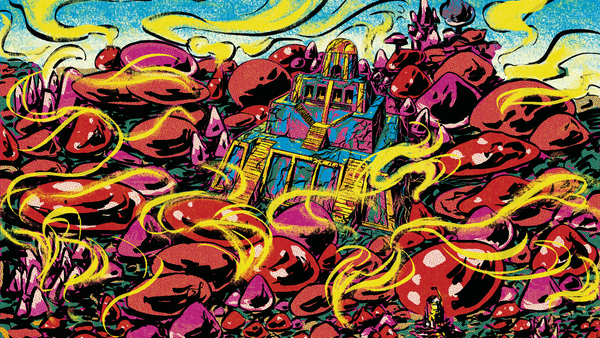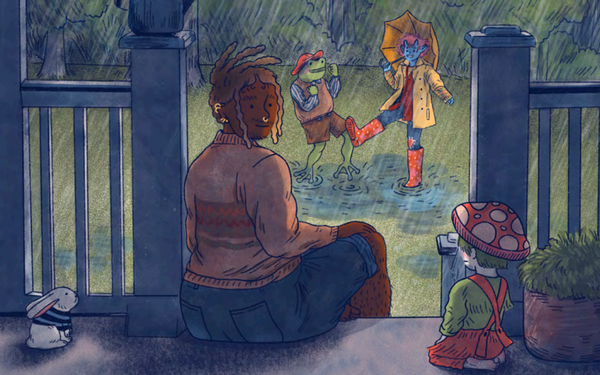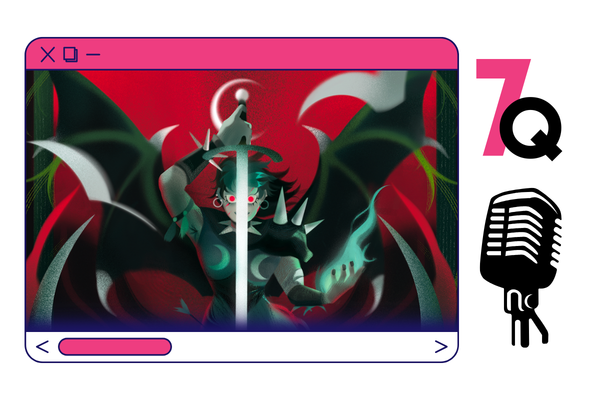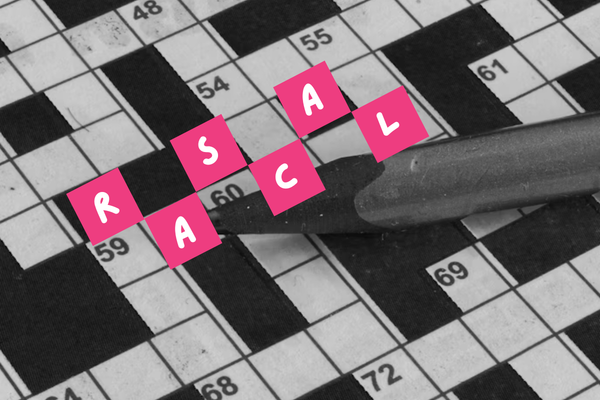Rogue's Gallery
T-Posing in Sex Mode.
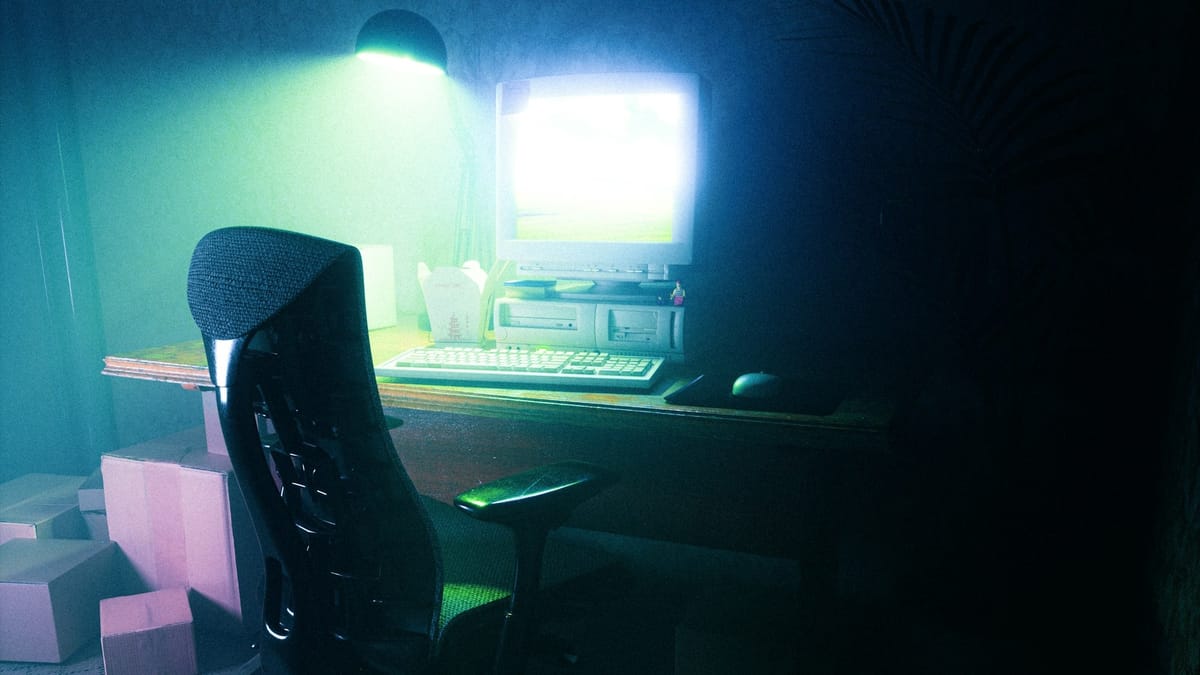
Episode 21 of the Rascal Radio Hour sees two members of the newly founded Rogue.site, Ryan Gilliam and Cass Marshall, join Chase and Rowan to talk about their worker-owned video game website. More than simply "Rascal but for video games," Rogue is a continuation of human-centric writing from some of the best voices lost in Polygon's layoffs earlier this year.
Afterwards, they discuss Rowan's changing position within Rascal's team. She's stepping away for several well considered reasons, but that doesn't mean she's out of the crew – only the spotlight, for now. The site has a news writer, now: the excellent Khee Hoon Chan. Also, upcoming changes to subscription offerings, possible price increases in 2026, and a bunch of other important housekeeping.
Oh, and we do eventually talk about games. Promise!
You can find Rascal Radio Hour on Apple, Spotify, and all the other various podcatchers. Leaving a five-star review helps new listeners find our show and website. Since we eschew traditional advertising, these reviews and any word-of-mouth are genuinely a massive help — thank you!
[Chase here. My audio produced this very strange, high pitched whine throughout that I only discovered when editing the podcast. I've done my best to either cut or minimize it, but this could still be an unpleasant listen for some folks. My apologies — will have this sorted by the next episode.]
Here's an excerpt:
Chase Carter: I wanted to have you both on to talk about Rogue because, one, welcome to the club of adventurous, precarious bloggers who are like, well, my job is gone; I'll make my own job. Y'all started a worker owned model. Like Rascal, Rogue is worker owned and independently supported. Y'all are doing the no traditional advertisement, no SEO dance, specifically, and are directly supported by your subscribers. Which is very cool! Very, very liberating, but also very scary.
Cass Marshall: It is terrifying for sure. I'm not going to be like, when we went live, I went for a leisurely stroll. No, obviously we were all a little worried that this would be the sort of site that, in today's super busy news cycle, kind of slips through the cracks. But we have had a tremendous reception so far from people who are signing up, subscribing, and also just saying what the writing on Polygon and the work we do meant to them.
And also saying the work we will be doing on Rogue means having a space for writers who are discussing games they want to talk about or read about without resorting to AI, rage bait, or SEO material. I think there are more games than ever, and a lot of them are really good. Controversial opinion: video games are good.
Rowan Zeoli: Actually, you can't say that on this podcast, unfortunately.
Cass: Sorry guys. I'll show myself out. The reception has been fantastic, and we are incredibly grateful for everyone who's signed up, left a comment, subscribed, pitched, anything. Any interaction really means the world to us at this point. And it's been outstanding.
Ryan Gilliam: Yeah. It's also very freeing in a way, both in terms of owning our own thing and doing our own thing. I had a moment early on when prepping for something where I was like, I don't actually want to write this as a review. I had that panic where I'm like, how do I tell my editor this? You never shut down something like this: I got code for this game, but I'm actually not going to review it because I don't really have any passionate review thoughts about it.
Instead, I was like, who's gonna stop me? I'm gonna tell my fellow co-owners, and they're all gonna be like, yeah, that's fine. Write what you wanna write about. So I wrote about the same game in a different way and wrote what I actually wanted to write about it. And I'm much happier about it than if I had forced myself to write a review.
It's just freeing in general. Like Cass said earlier, and with absolutely no offense intended to folks working at big sites — we did that for a long time. We're familiar with the game of it. There's a lot of stuff that you have to do and the way that you have to write. I was in guides for a long time, and Jeff [Parkin] and I can both tell you that we were very well aware that 60% of what we wrote on the page was not for the people reading it. It wasn't gonna be read by anybody. It was gonna be scanned by Google in hopes it would throw it up higher on the page and people would come and read it. The game that you have to play is exhausting, and it hurts the actual content that we're trying to put out.
For a big site, it has to be that way because that's the way the ad market works. There's no way to move forward without that kind of thing. Right now, there's just not the infrastructure for it. But on a small site where readers themselves can come in and be like, yeah, we want to support the stuff you're doing. It becomes quite easy to just write for the people who are reading your stuff and not really care about any of that other garbage. The freedom I felt this morning to just write up our RSS feeds and throw it out in 20 minutes without having to add a bunch of stuff and quadruple check my SEO to make sure it was good was just... it's freeing.
Scary, too. Cass is 100% right. Scary, but freeing in a way that feels very light today.
Cass Marshall: And I think, too, that we could've moved to other industries, looked for work in other fields. But realistically, I think everyone on the site just genuinely loves video games so much. So, you're not getting rid of us that easy.


